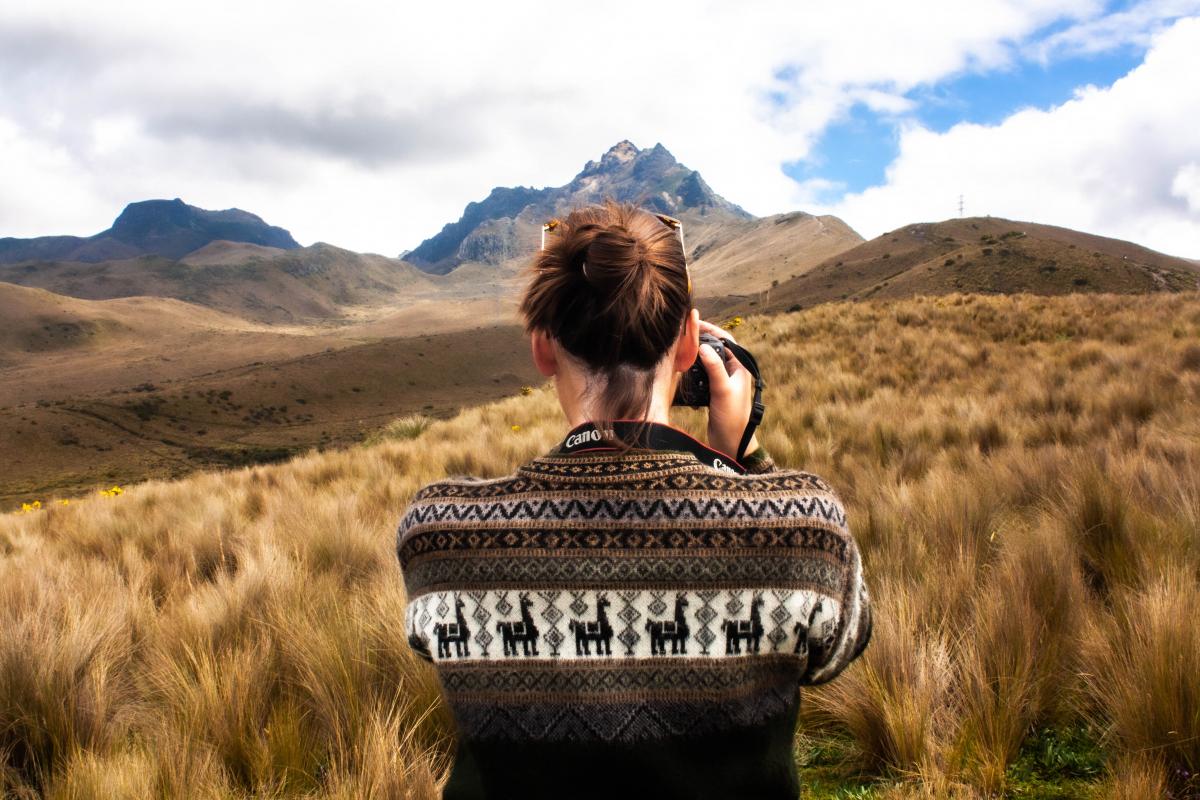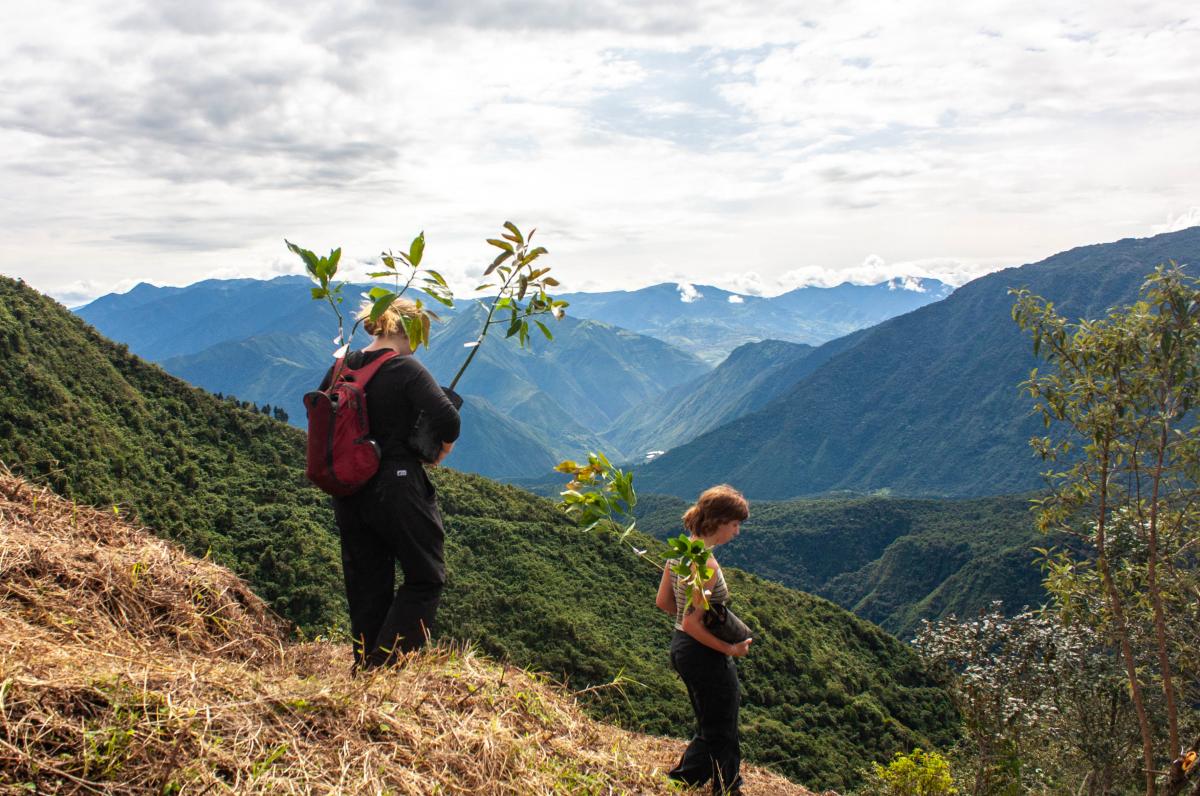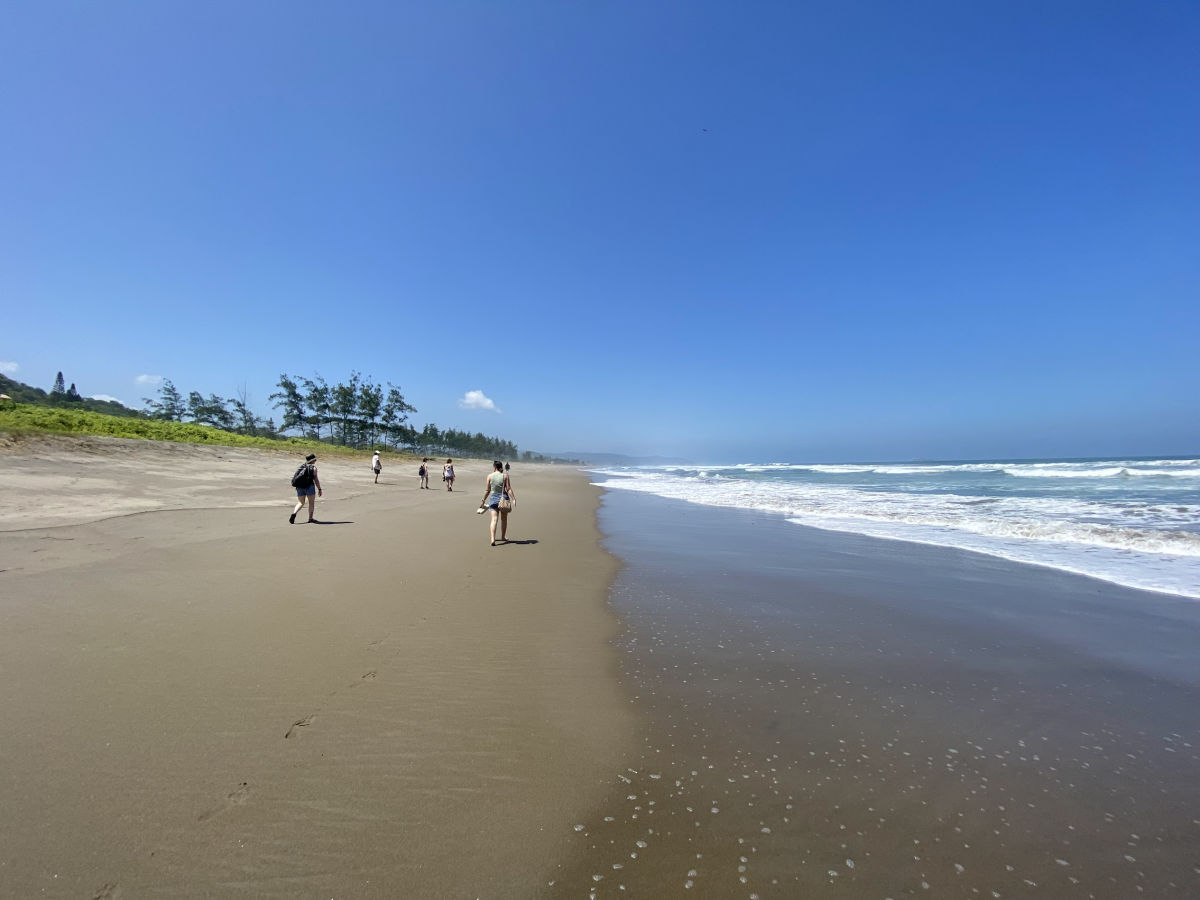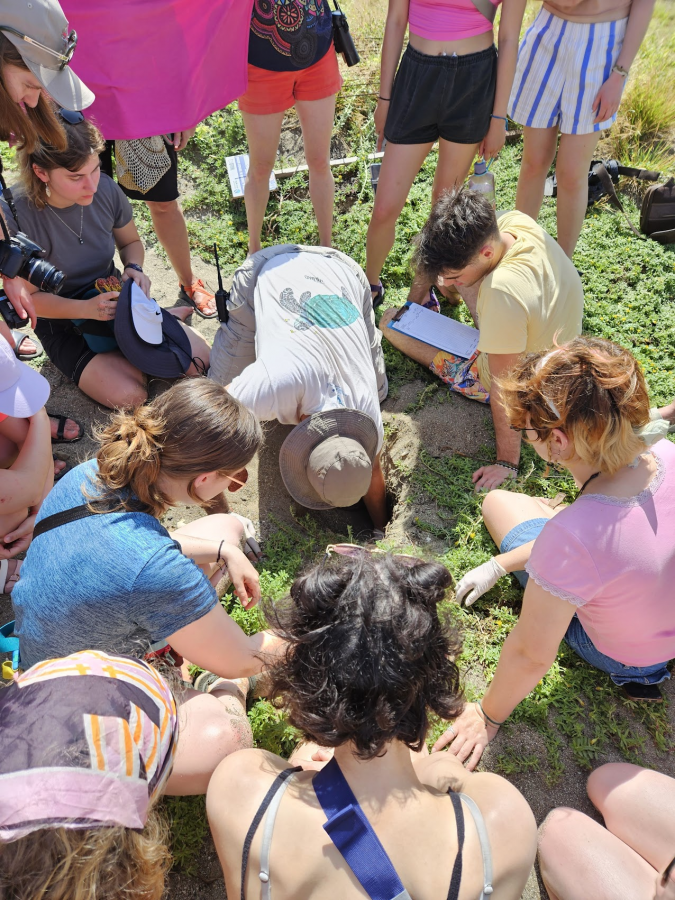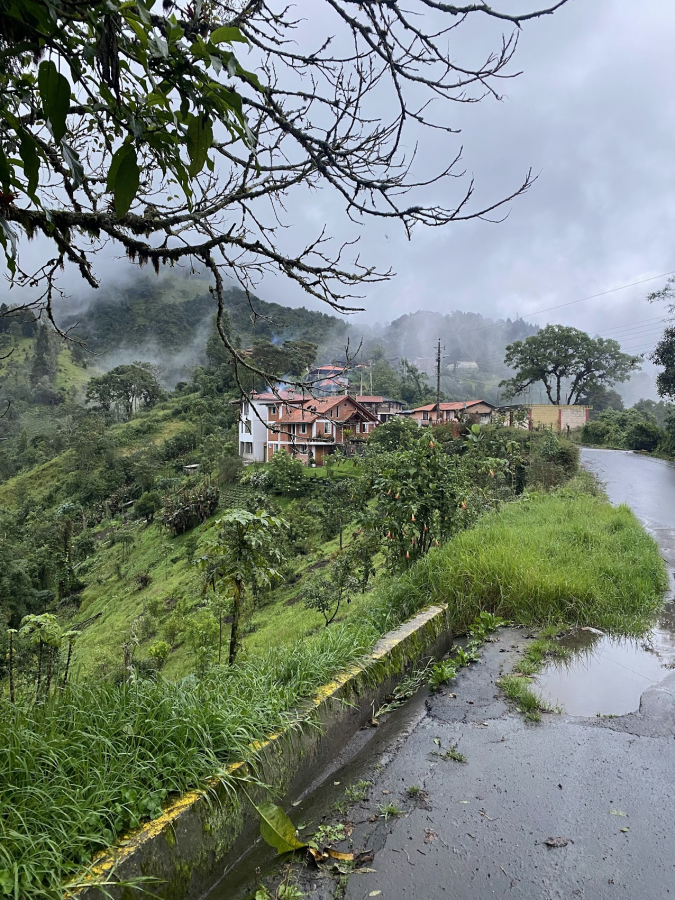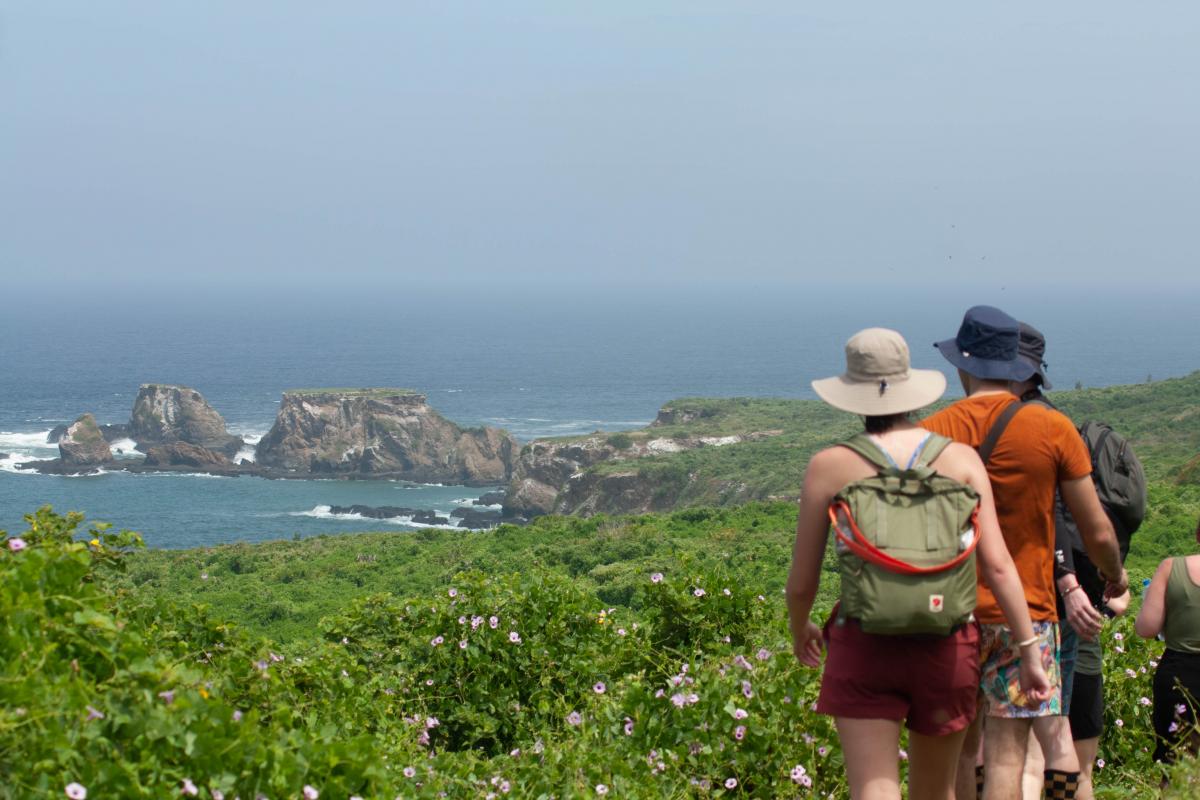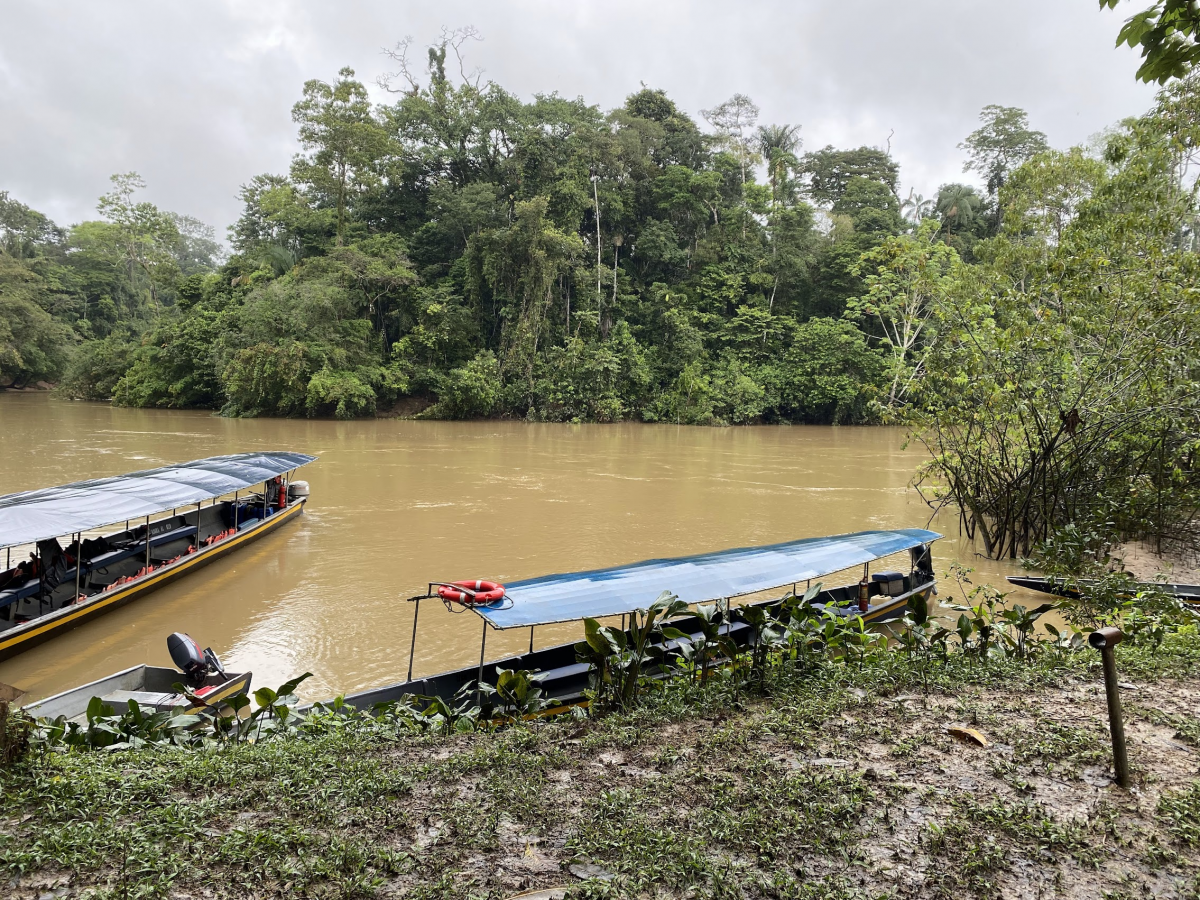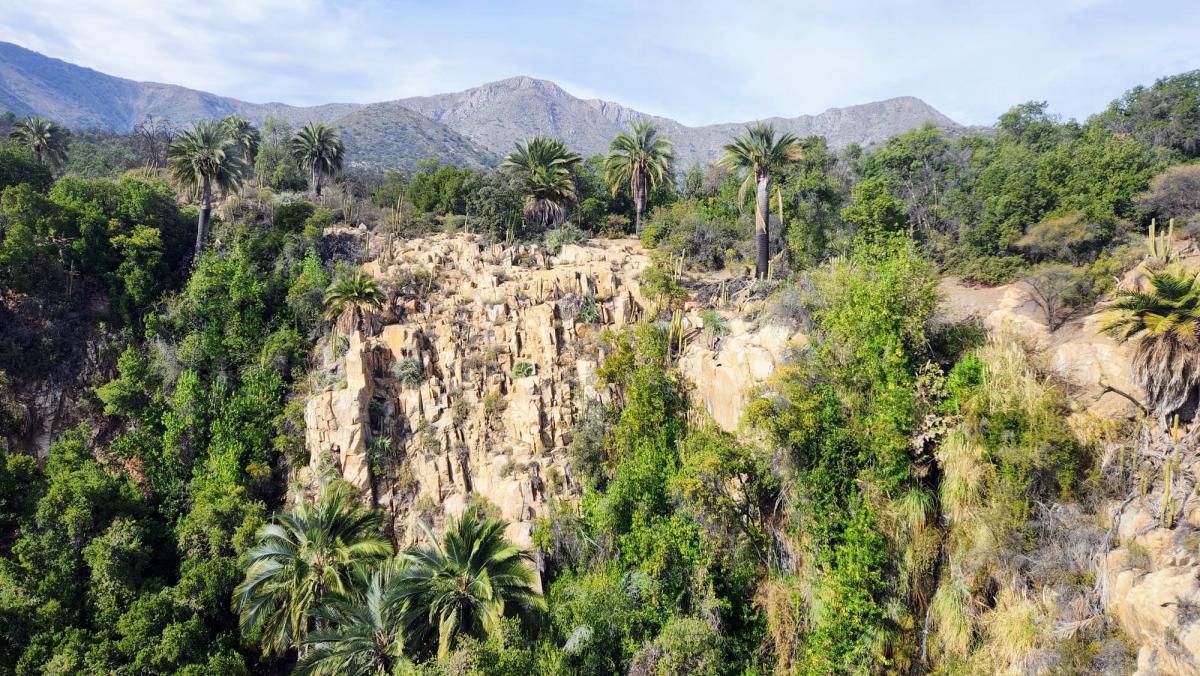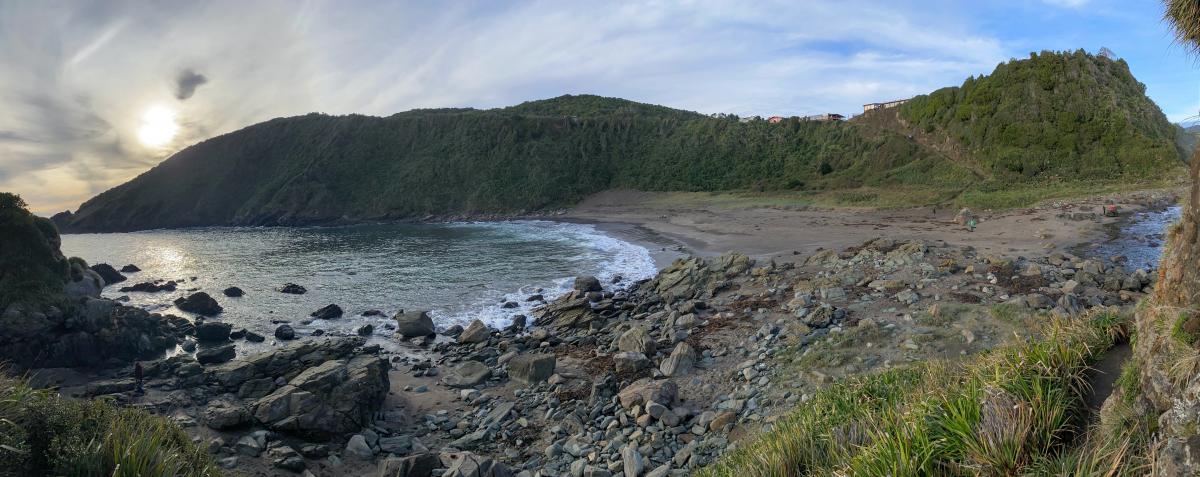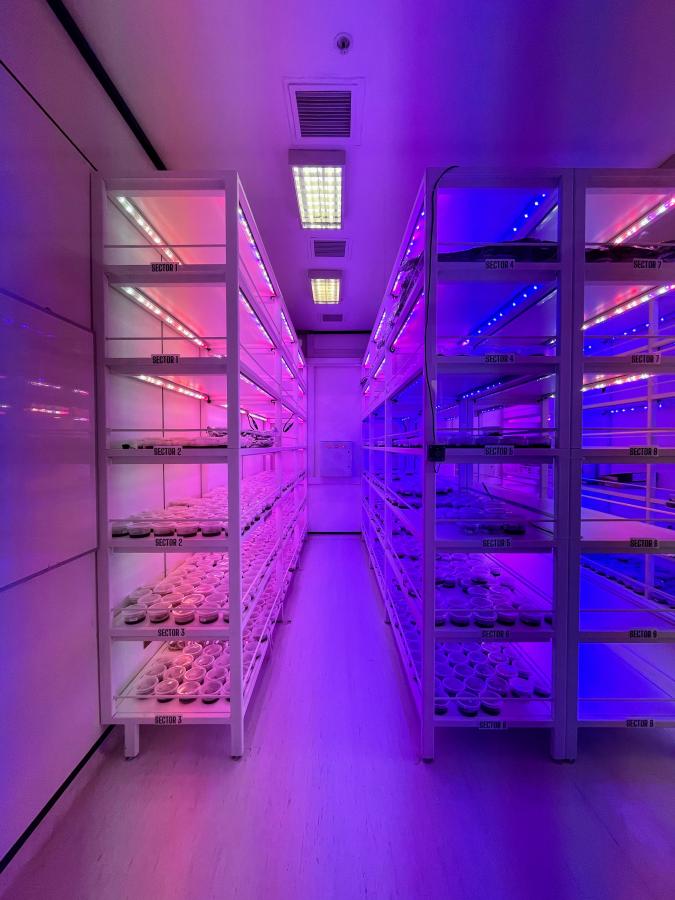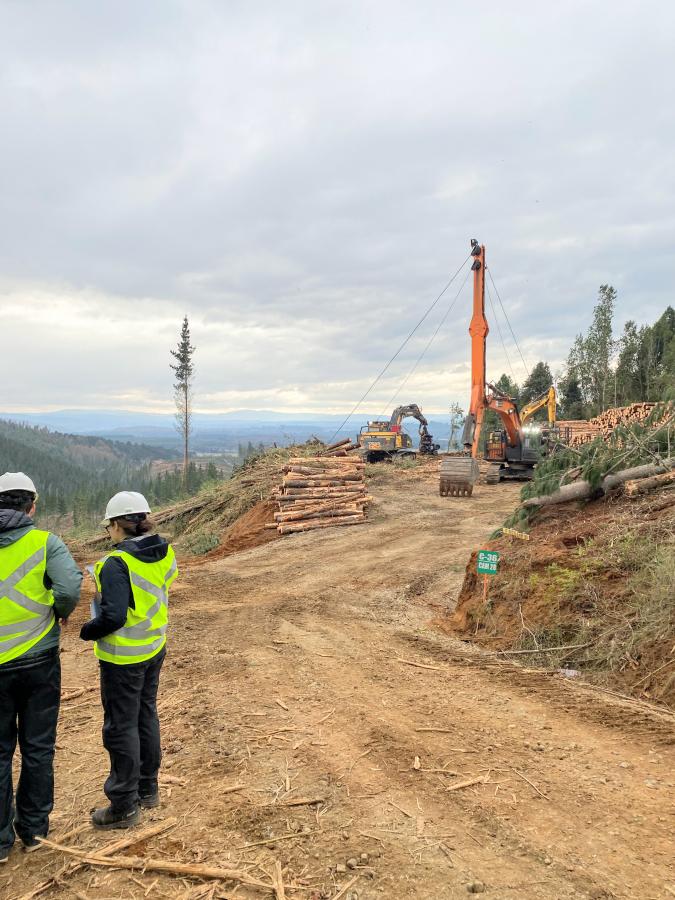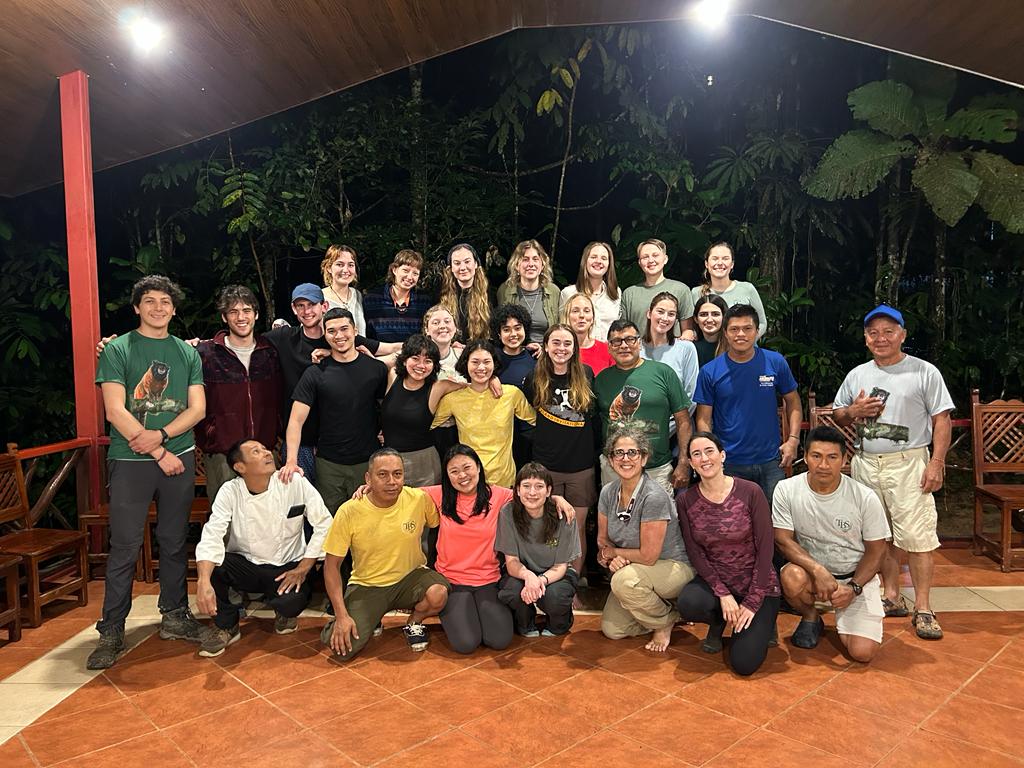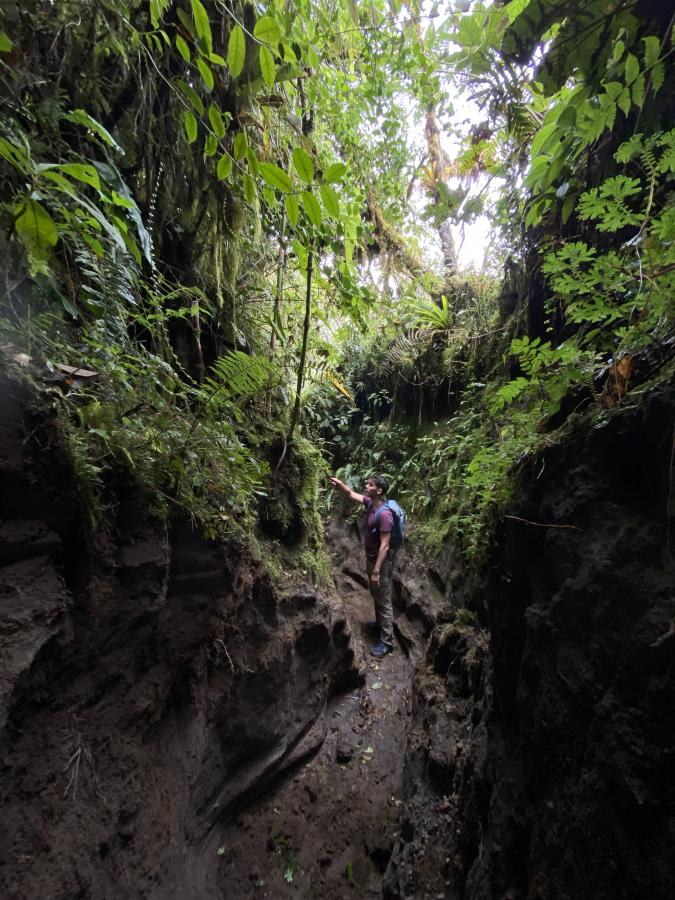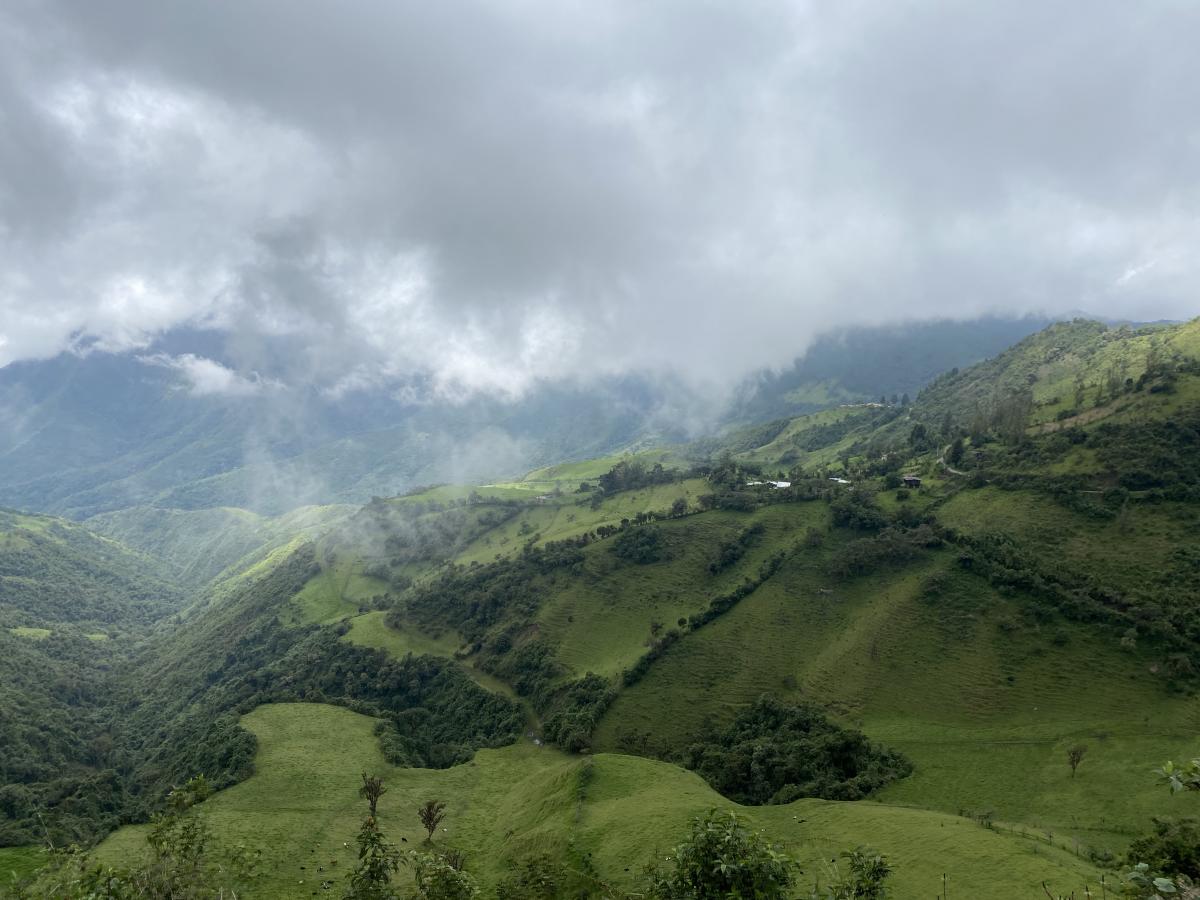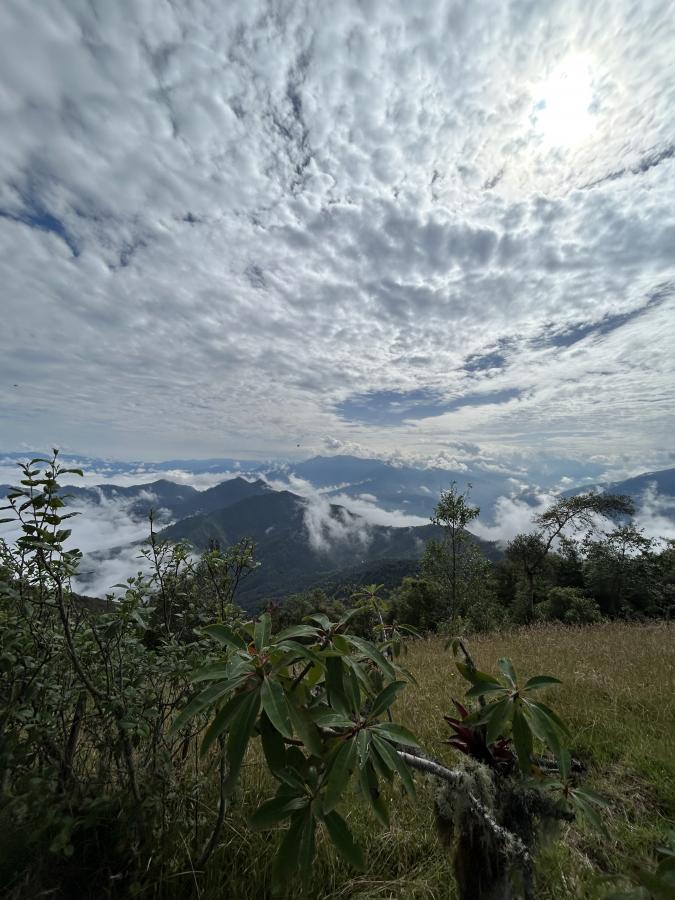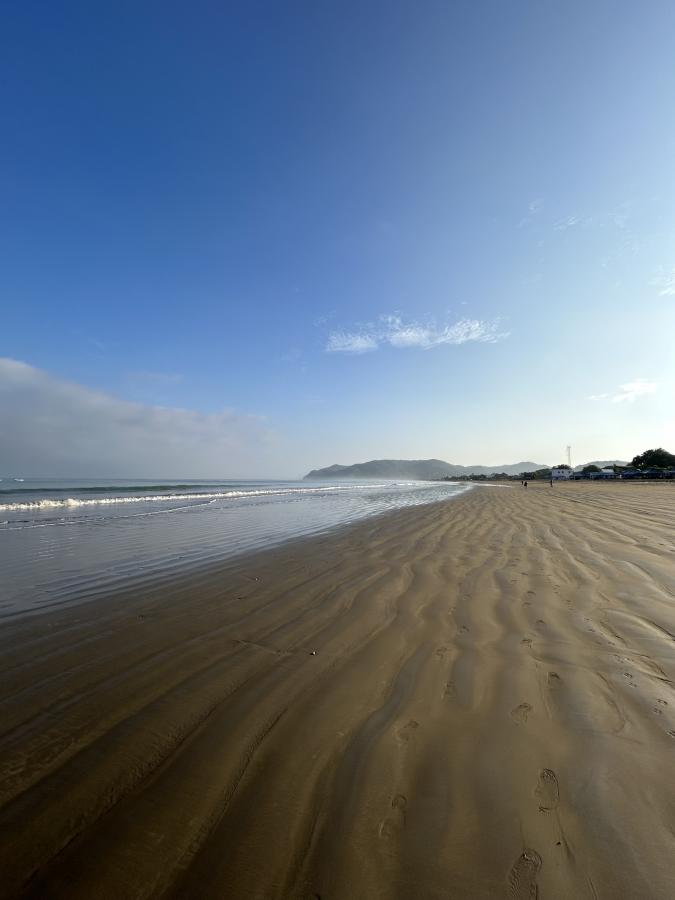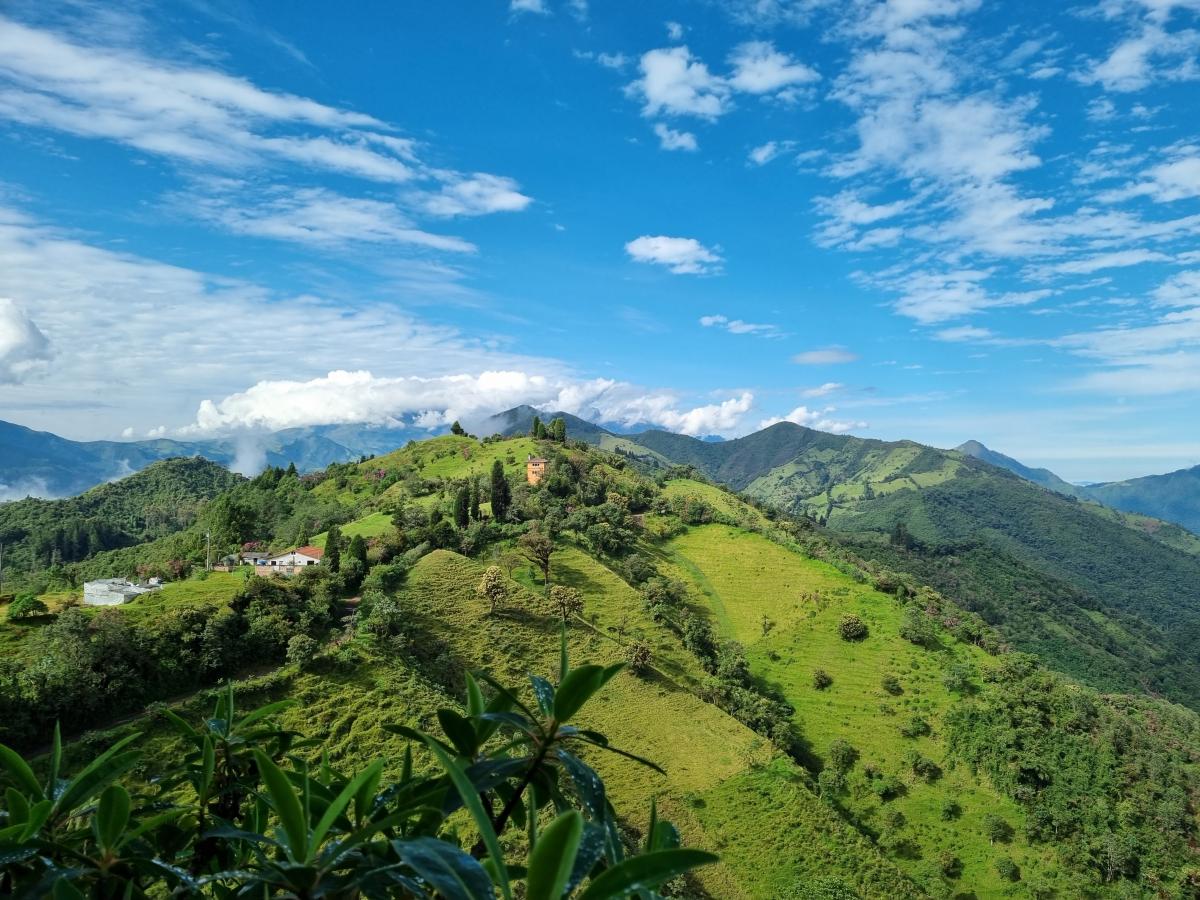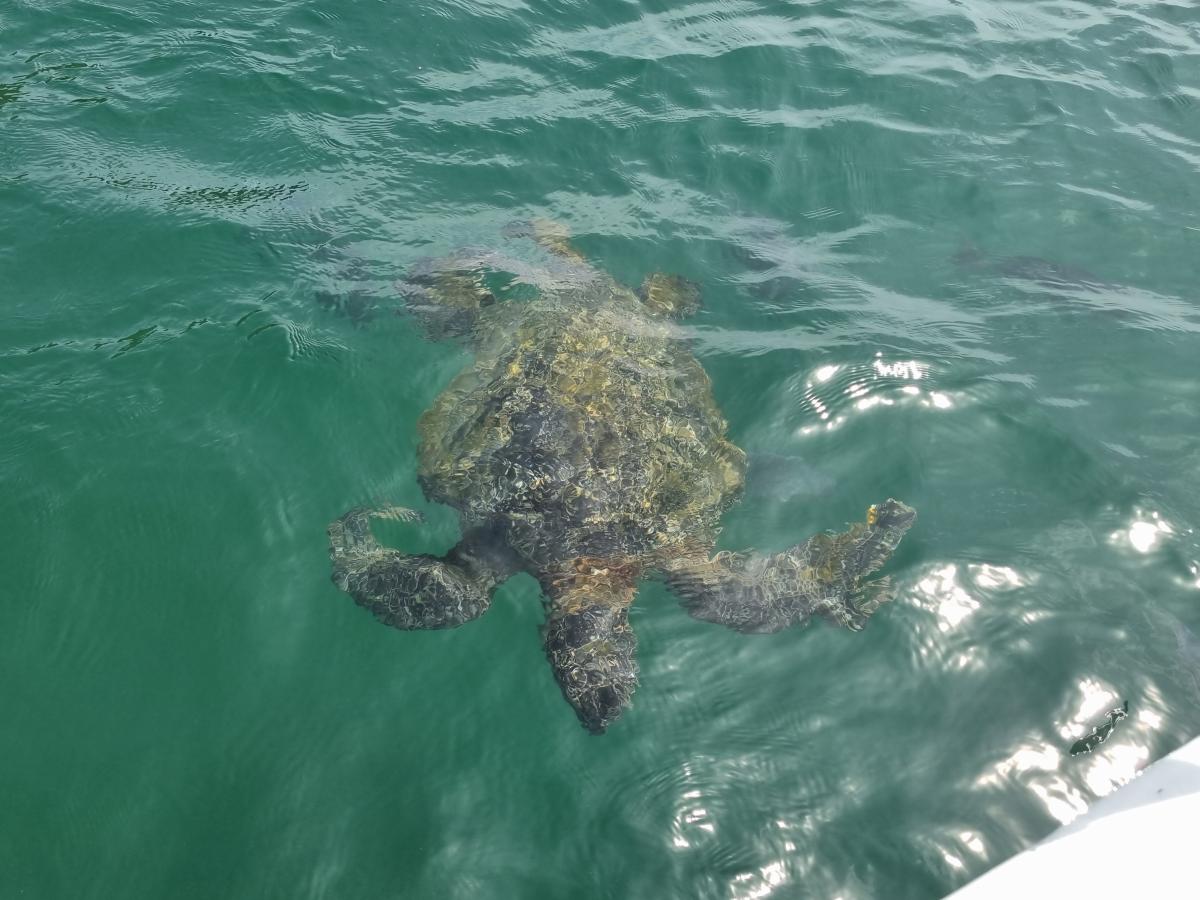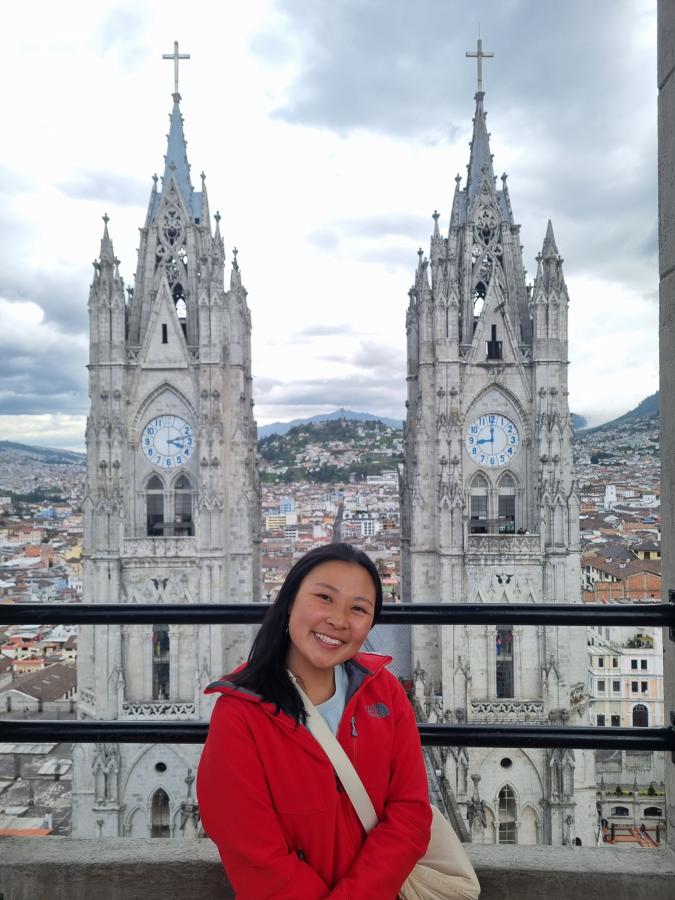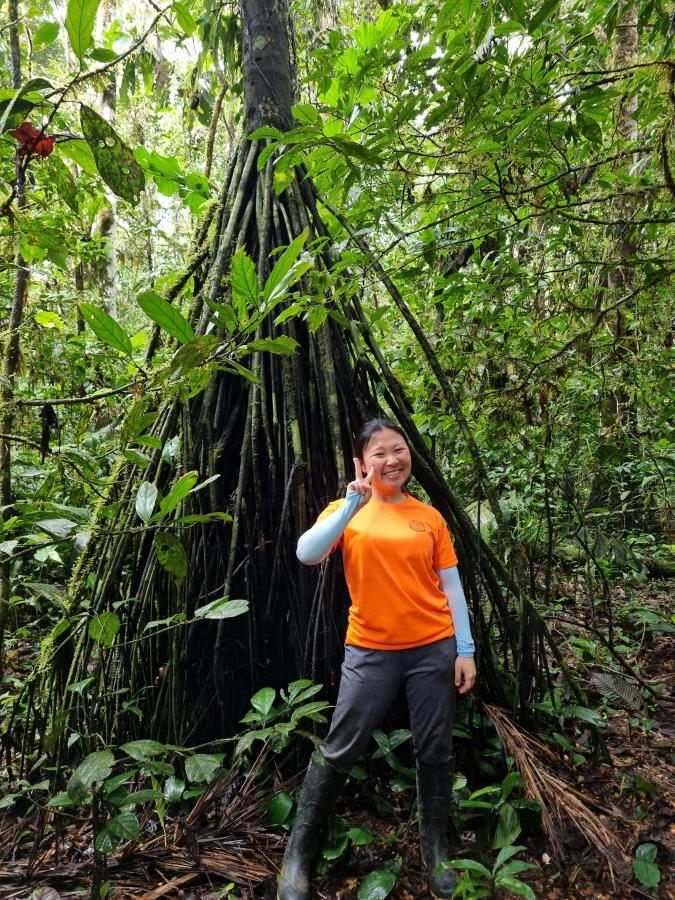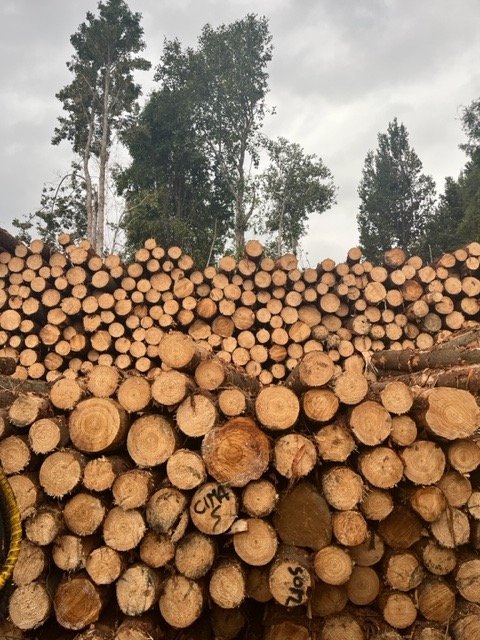The Ecuador field school group, along with the Chile cohort exploring "The Role of Natural and Planted Forests in the Global Bioeconomy," presented their learnings at a virtual UBC Forestry Teaching & Learning Lunch Seminar Series Sept. 29: "Learning in the Wild: Student Field Notes from South America."
Both field schools are Global Seminars, opportunities for UBC students to take on-location, experiential UBC courses around the world in small-group cohorts led by UBC faculty. Go Global is offering some 25 programs worldwide in 2024. Applications for the 2024 versions of these two courses open in November, with a deadline of Dec. 5, and student funding is available. For both the Ecuador and Chile field schools, Global Skills Opportunity provided a grant from the Canadian government, administered by Universities Canada, to subsidize student participation.
Global Seminars resonate with students deeply because they gain diverse experiences in a short period of time and get to hear directly from stakeholders about their work, says Dr. Andrés Varhola, who led the Chile program. He is Assistant Professor of Teaching in the Department of Forest Resources Management's Forest Sciences Centre.
"In a relatively small and accessible section of the Chilean geography—between Concepción and Osorno—students are exposed to a remarkable array of forest types, plantations, industrial facilities, research institutions, arboretums, Indigenous communities and local experts," he says. "Participants not only learn about impressive methods of precision silviculture with tree growth rates rarely seen in the planet, but develop a deep understanding of how land-use policies can significantly affect the landscape, economy and societies. Passionate discussions about how industrial plantations can reduce pressure to extract wood from natural forests and strategies to optimize land use allocations are a given in this course."
Adds Dr. Tomaselli, Lecturer and Coordinator of Land One Program: "Ecuador is one of the most biodiverse countries in the world. In a very small piece of land (about 1/4 the size of BC) this magnificent country offers a wide range of ecosystems, such as the Amazon rainforest, dry coastal woodlands, montane cloud forests and even glaciers in the high Andes! Students learn about diverse and innovative forms of conservation and forest management from local communities, academic institutions, NGOs and private industry. They also participate in an ecological monitoring project in Tiputini Biodiversity Station, located in a remote area of the Ecuadorian Amazon, where they collect data on the local ecosystem and later analyze it for writing a scientific report."
The enthusiasm that UBC students bring to the program is key, says Dr. Lavallee, Professor of Teaching in the Department of Forest and Conservation Sciences: "Having a group that is inclusive and works hard creates such an exciting learning environment for everyone."
Find out more about UBC Global Seminars.
Read about the UBC Faculty of Forestry.
Watch the Sept. 29 recorded session: "Learning in the Wild: Student Field Notes from South America."

